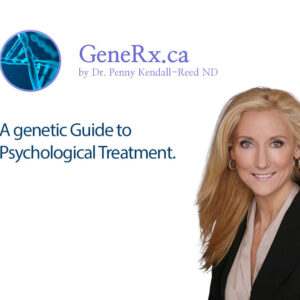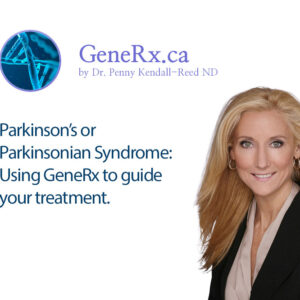Description
Cancer is the second leading cause of death in North America. The number of new cancer cases diagnosed annually is expected to grow by more than 75% by 2050. Cancer rates for individuals under 50 have been growing at 1-2% per year. More importantly, the aggressiveness of tumours seems to be increasing. In part, this is due to excessive stimulation of cellular proliferation pathways (PI3K and mTOR) resulting in DNA mutations, particularly p53, within healthy and cancerous cells, which affects both response and resistance to treatment.
Lifestyle variables are responsible for up to 40% of cancers. Mitigation of such risk factors can reduce development risk and impact the progression and aggressiveness of disease.
The Tumor Microenvironment (TME)provides cancer cells with nutrients that either aid or inhibit growth. For example, increased lactate from glycolysis stimulates VEGF (Vascular Endothelial Growth Factor), increasing angiogenesis, lymphangiogenesis and metastasis and excess glutamate and serine activate signalling pathways for cell growth. By contrast boosting immune activity in the TME by enhancing NK and T-cell activity, augmenting immune checkpoints and TLR (Toll-like Receptor) agonists inhibits cancer initiation and growth, the focus of newer pharmaceutical cancer treatments. Natural medicine has many powerful tools targeting these and other key pathways, helping to prevent and reduce cancer growth.
This lecture will review recent statistics concerning the incidence and aggressiveness of cancer. I will describe the important pathways governing mutations and the development and growth of cancer cells. I will explain how this is counterbalanced through immune system pathways and autophagy. I will show which genes influence these pathways and how variations between individuals are important. I will discuss how Naturopathic therapies such natural supplementation and lifestyle variables such as exercise can be used to reduce cancer risk and dovetail safely and effectively with medical oncologic treatment.




